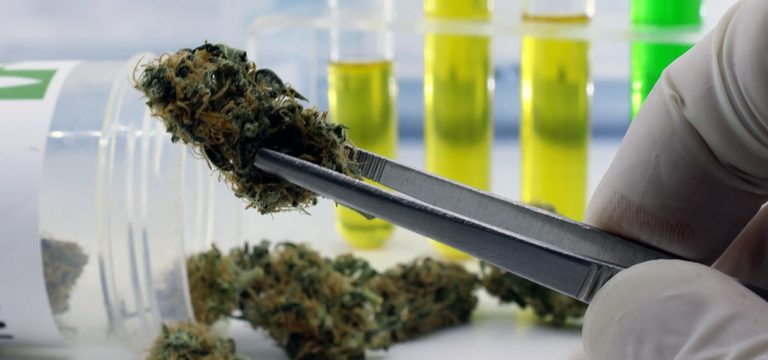
[ad_1]
A study conducted by Maine’s Office of Cannabis Policy (OCP) found 45% of medical cannabis samples subject to the same testing as adult-use products would have failed the protocols for containing either pesticides, yeast and mold, or harmful microbes, the Portland Press Herald reports. A separate study by Nova Analytic Labs, one of the state’s four licensed cannabis testing labs, found that about 21% of medical cannabis samples would have failed the state’s adult-use testing panel.
The OCP study included 127 samples from the medical cannabis market and, of those, 57 would have failed under the adult-use testing regime, the report says. The Nova study included about 1,400 samples of medical cannabis which had a much higher failure rate than the samples collected from the adult-use market, which was 4% of 3,200 samples.
In Maine, medical cannabis is not required to be tested, while products from the adult-use market are.
Christopher Altomare, CEO of Nova, told the Press Herald that the medical cannabis samples were provided voluntarily by caregivers who were already choosing to test their products, rather than a randomized selection, so it’s likely the real percentage is much higher. He noted that 10% to 20% of Nova’s business comes from the medical market but they are testing for potency, not pesticides.
“We need thoughtful testing regulations in the medical market. At the end of the day, what we do is public and patient safety and I don’t feel that Maine patients are being adequately protected.” — Altomare to the Press Herald
Medical cannabis sales in Maine topped $305 million in 2022. In August there were about 1,900 medical cannabis caregivers registered with the state. A report in April from OCP found that from the end of 2021 to the end of January 2023 more than 1,350 medical cannabis caregivers left the program.
OCP is seeking to institute testing requirements for medical cannabis sold in the state but have faced pushback from caregivers who say the protocols would be costly. During a webinar on Tuesday, OCP Director John Hudak suggested the agency might begin requiring the testing of medical products.
“If a business model is one in which producing clean cannabis is too costly, there’s something wrong with the business model,” he said. “We’re not going to focus on profits at the expense of patients’ health.”
Hudak noted that despite being a registered medical cannabis patient, he doesn’t use medical cannabis in Maine because of the lack of testing.
Get daily cannabis business news updates. Subscribe
[ad_2]
Source link